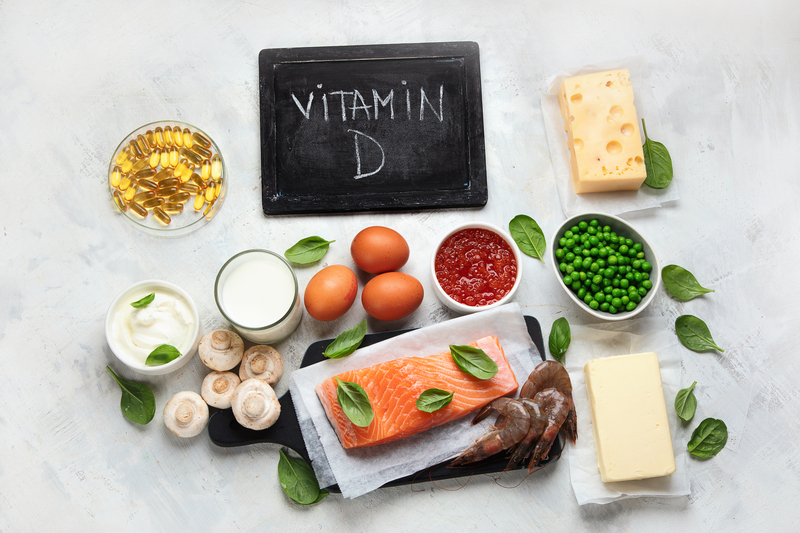With many people experiencing reduced access to sunlight while staying at home, Public Health England (PHE) has re-issued its recommendation for vitamin D supplementation; we should all now consider taking a 10 microgram vitamin D supplement throughout spring and summer while the lockdown continues, because we may not be getting enough vitamin D from sun exposure. PHE’s advice has made it clear that their advice on vitamin D is not about preventing coronavirus but for maintaining muscle and bone health.
Vitamin D supplements are now widely available to buy from chemists/pharmacies, supermarkets and health food shops. Some people who are pregnant or breastfeeding and children aged six months to four years may qualify for Healthy Start vitamins which contain vitamin D. Health visitors can provide more information.
A supplement only needs to contain 10 micrograms to meet the recommendation – those with a higher content of vitamin D are unnecessary and could be harmful in the long run.
While most people can get enough of the vitamins and minerals they need through a healthy, balanced diet, it is challenging to get sufficient amounts of vitamin D through food sources alone. Sunshine, not food, is where most of our vitamin D comes from. Our bodies make vitamin D through skin synthesis in response to spring and summer sunshine when outdoors – it is the main source for most people.
Some groups are already recognised as being at risk of low vitamin D:
• babies and young children, and children and adolescents who spend little time playing outside
• pregnant and breastfeeding people
• people over 65 years old because their skin is not as good at making vitamin D
• people with darker skin tones –people of Asian, African, Afro-Caribbean and Middle Eastern descent – living in the UK or other northern climates
• if you always cover most of your skin when you are outside
• the further North you live, the less sufficiently strong sunlight there is for you to make vitamin D
• anyone who spends very little time outside during the summer – the housebound, shop or office workers, night shift workers
• if the air is quite polluted
As the effects of coronavirus continue, many of us are limited in the time we can spend outdoors. Correctly abiding by government rules and staying at home is crucial to stopping the spread of coronavirus. However, many of us may have limited access to sunlight at this time. This means we need to take extra care to keep our vitamin D levels healthy.
Vitamin D is essential for keeping bones and muscles healthy. While the role of vitamin D in bone health is well recognised, it is also involved in supporting a healthy immune system, along with other nutrients.
Evidence suggests that vitamin D may increase resistance to common colds and flu, particularly for people who have low vitamin D status. However, it is important to note that we don’t currently have evidence that vitamin D can reduce the risk of coronavirus infection.
While it is difficult to get the recommended amount of vitamin D through diet alone, food sources remain important. Vitamin D is found naturally in oily fish, including salmon, sardines, pilchards, trout, herring, kippers, as well as eggs, some mushrooms, and in foods fortified with vitamin D such as breakfast cereals, fortified plant-based drinks and fat spreads. Red meat can also contribute to vitamin D intakes. Cod liver oil contains a lot of vitamin D but don’t take this if you are pregnant.
For more information on PHE’s updated vitamin D recommendations, visit: https://www.nhs.uk/conditions/vitamins-and-minerals/vitamin-d/
For more about eating during lockdown






